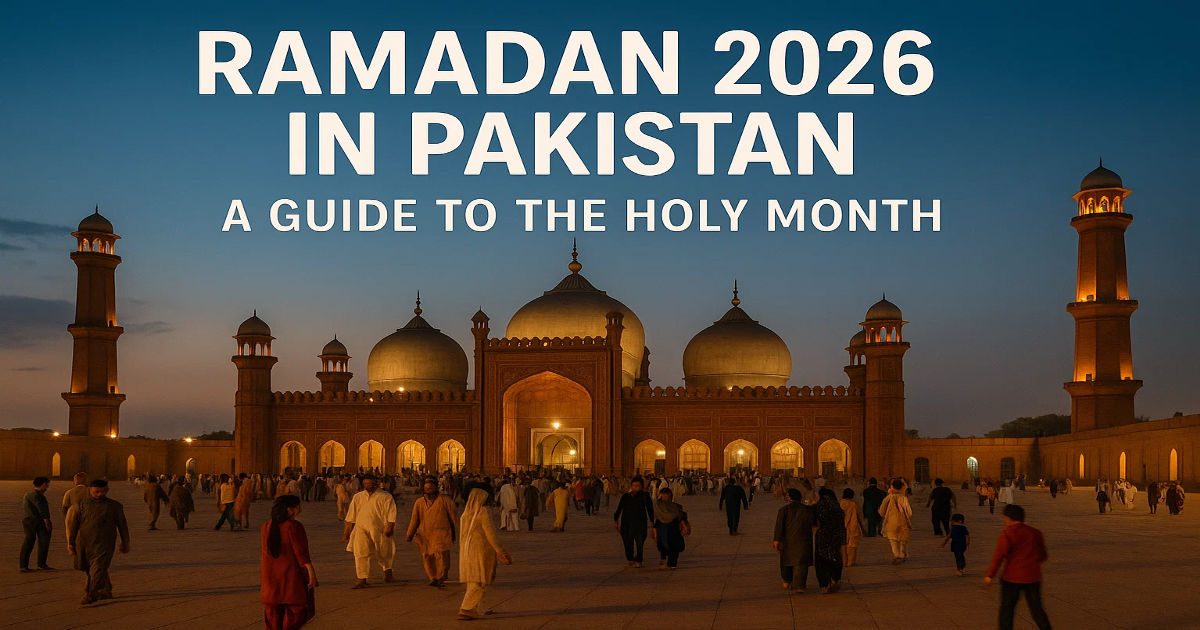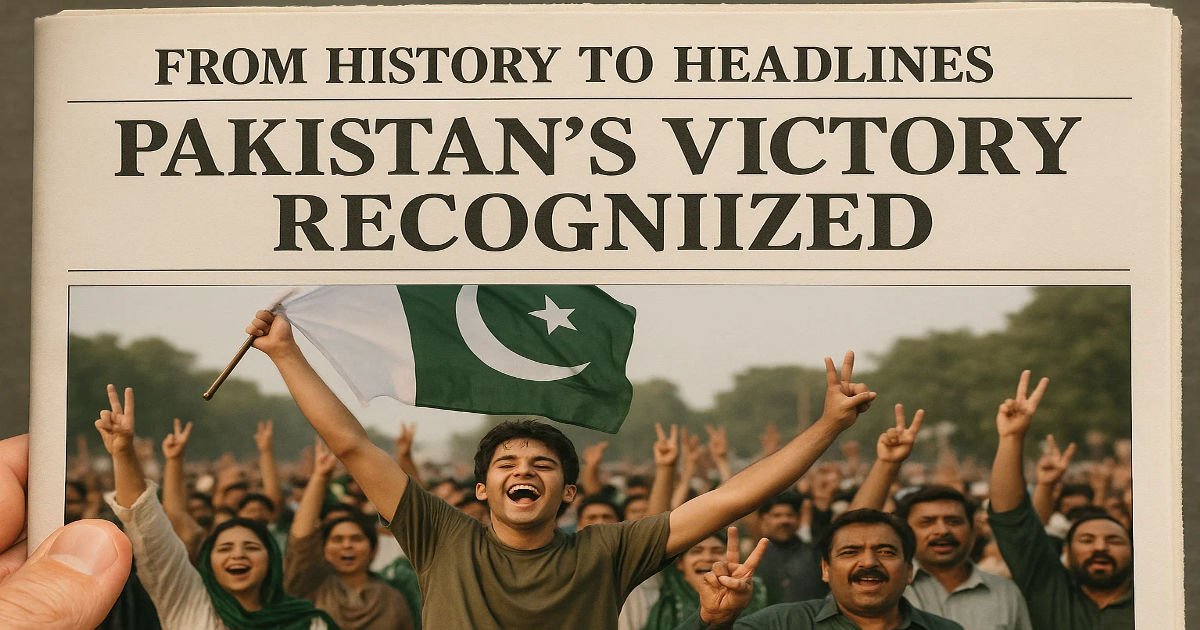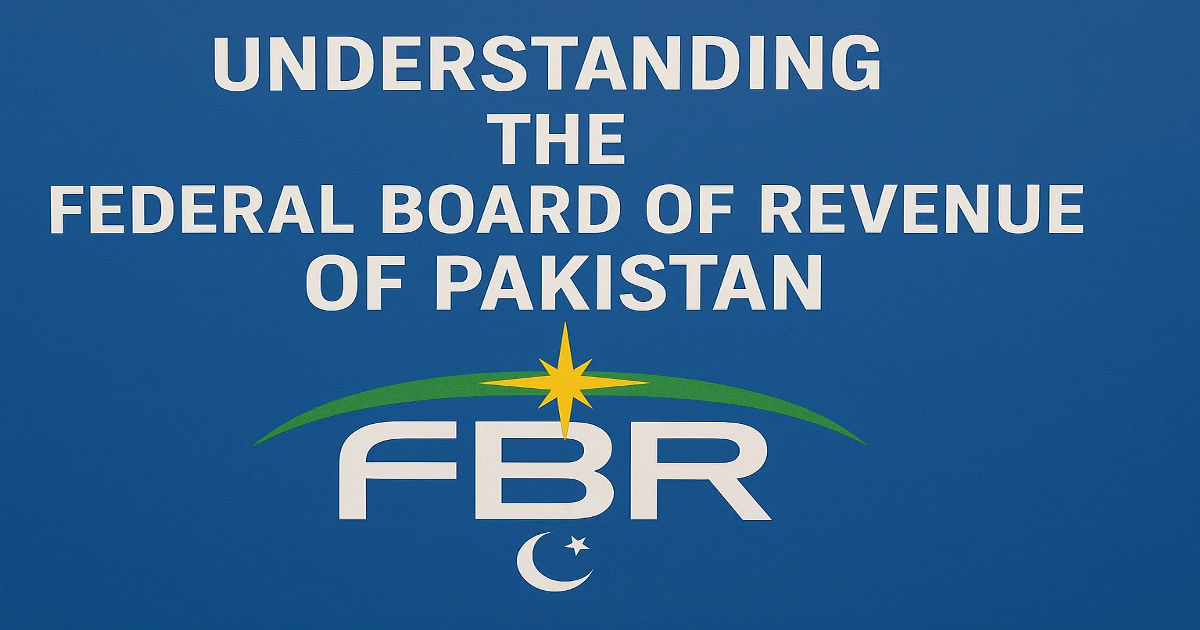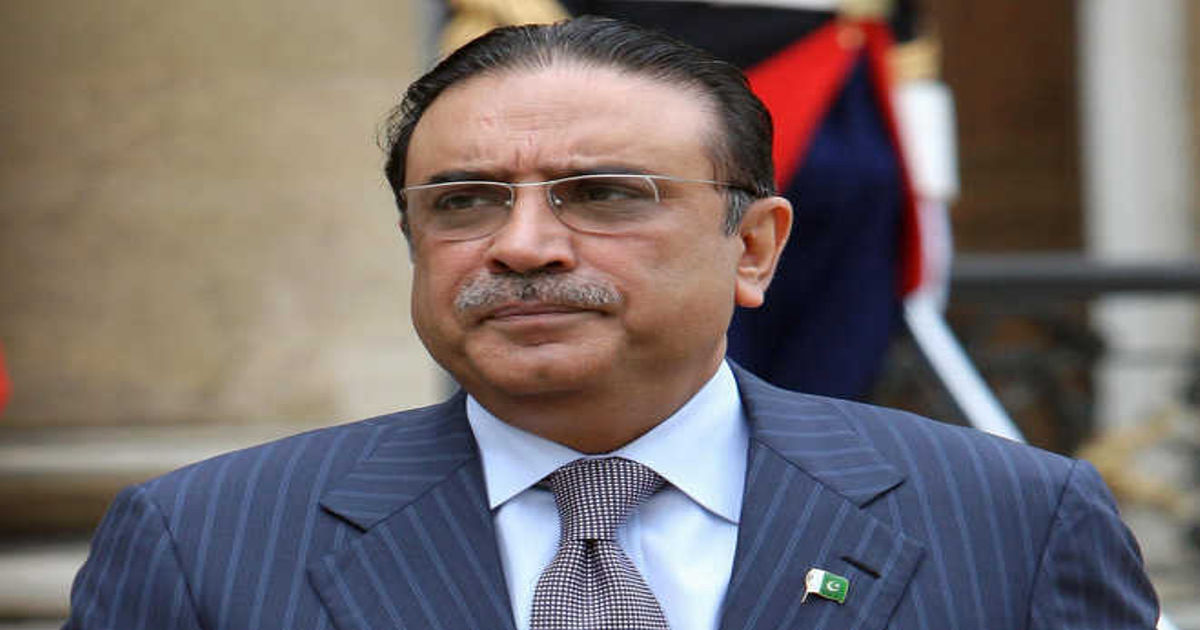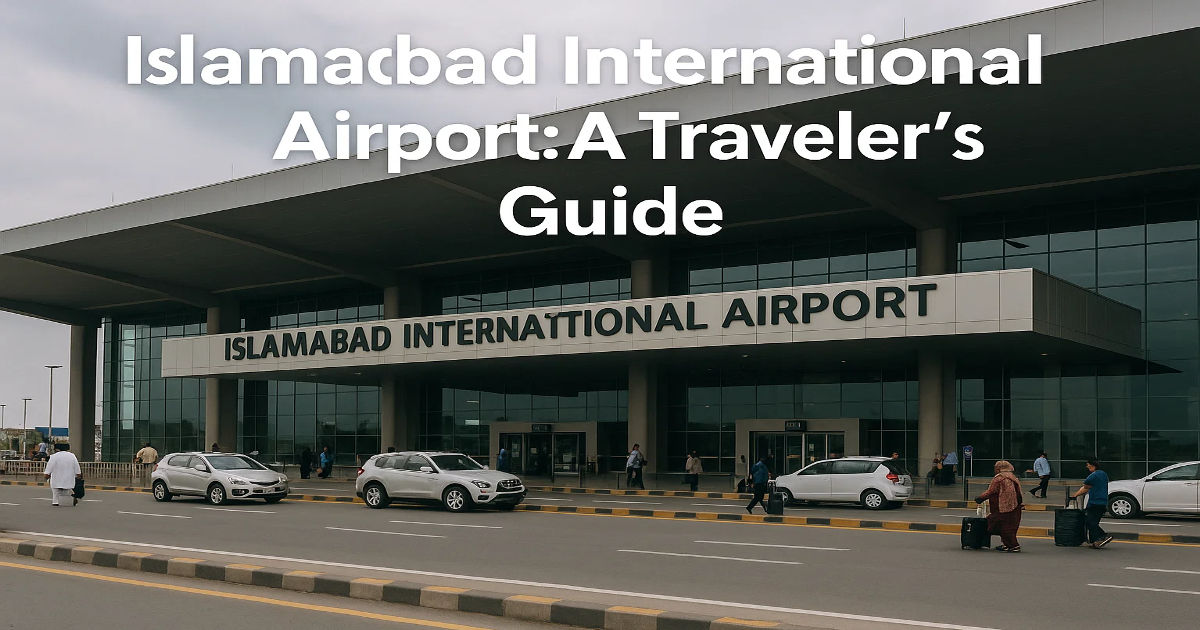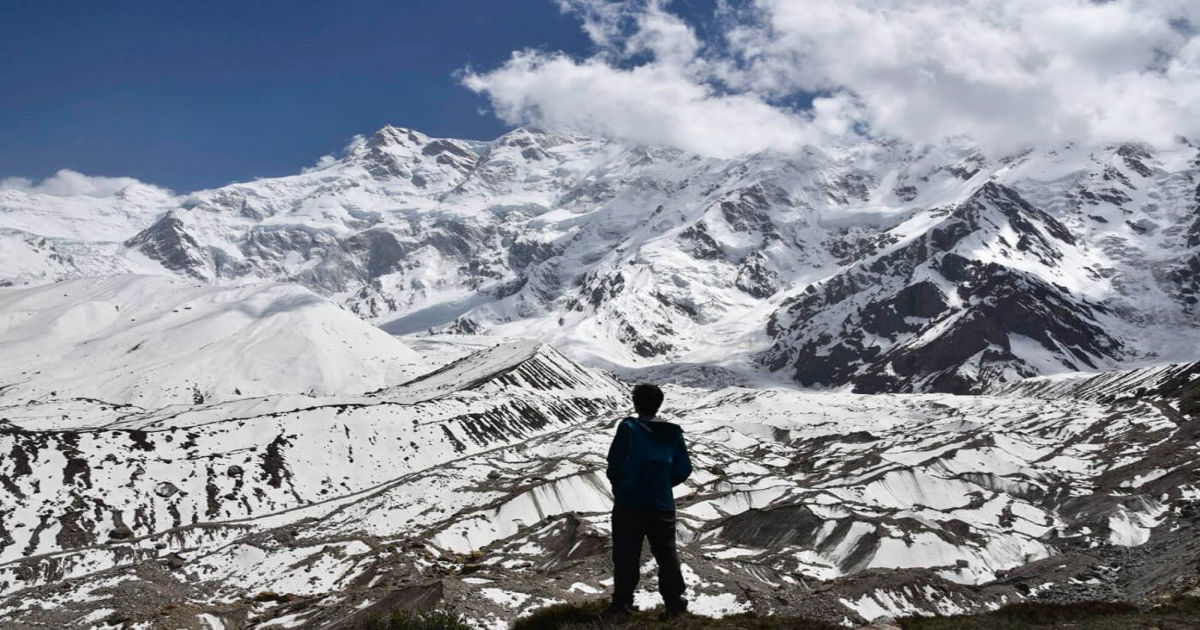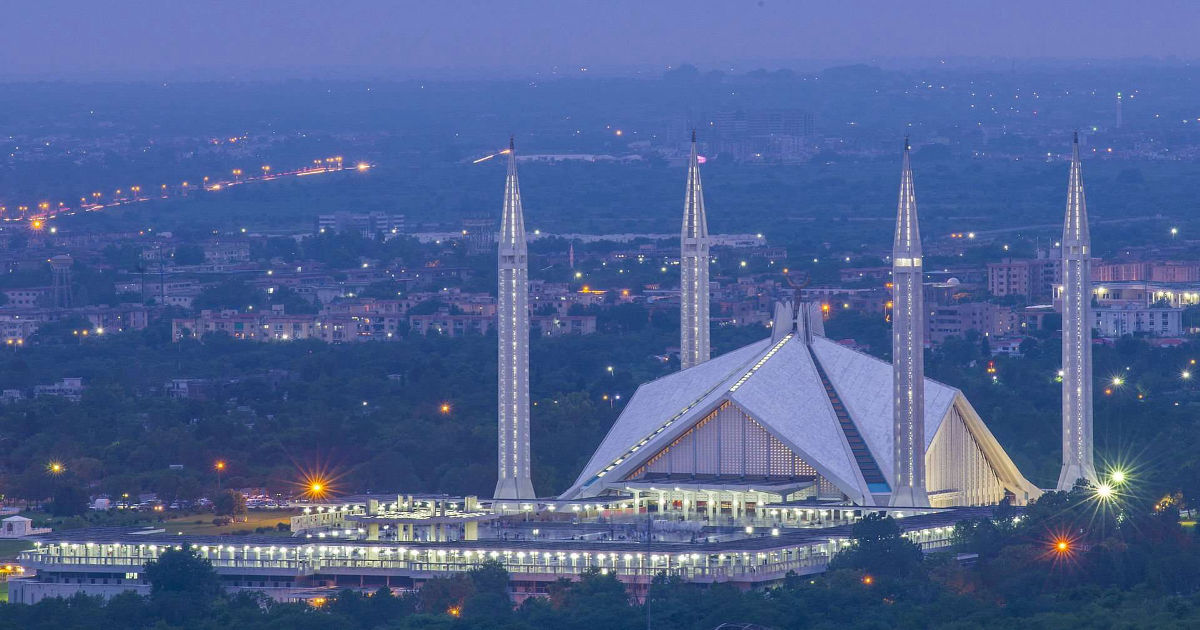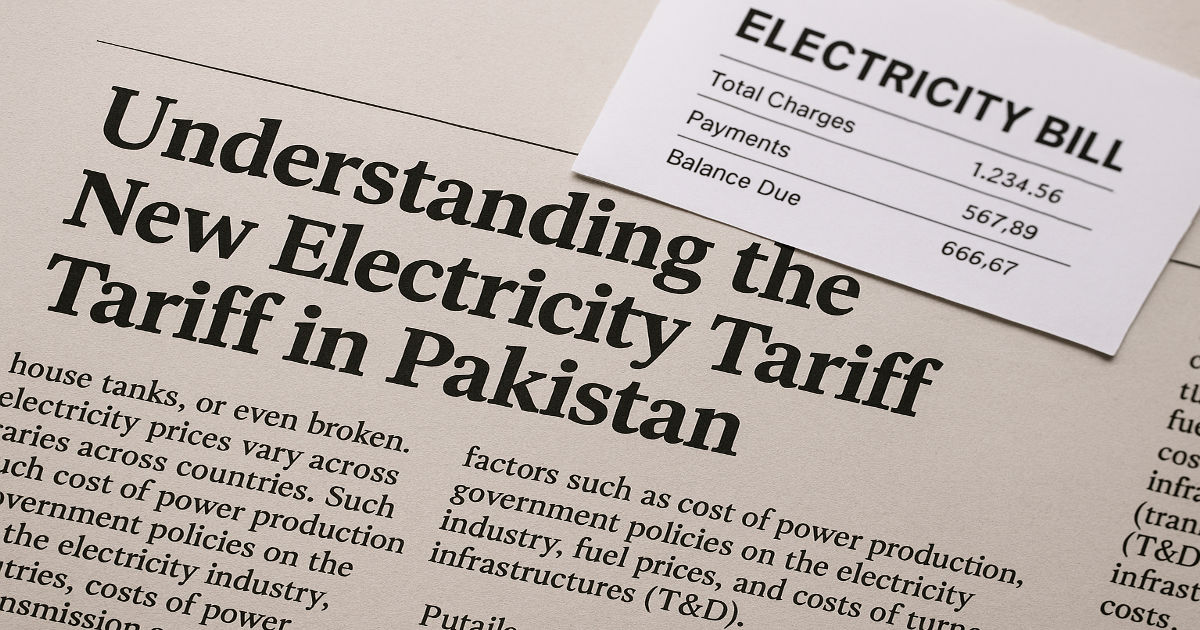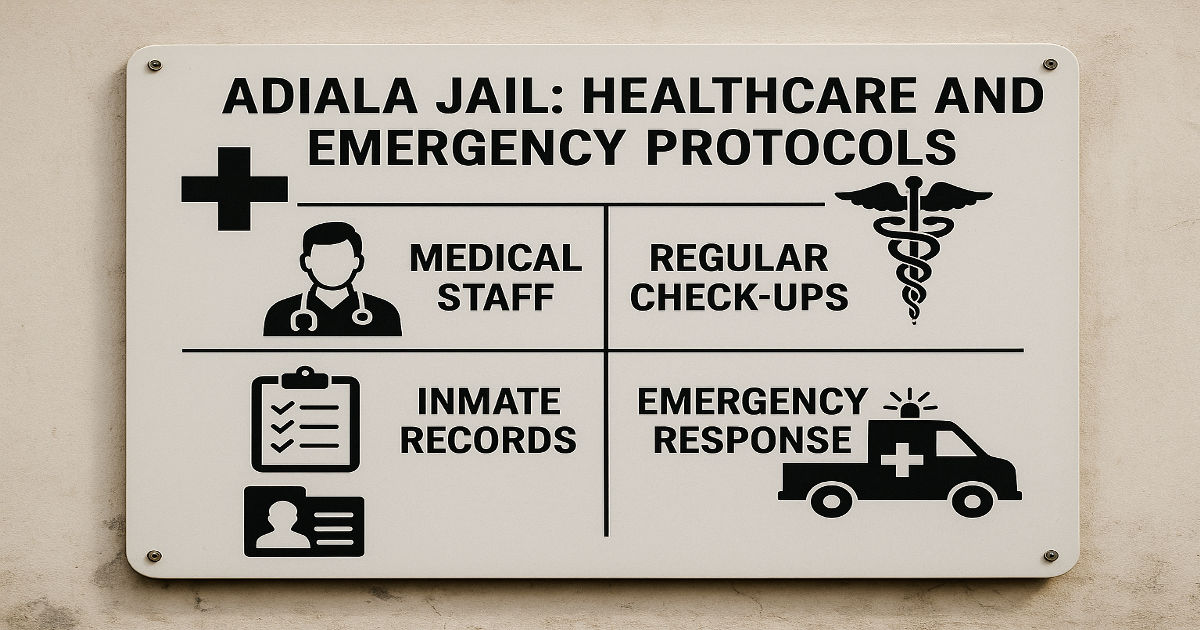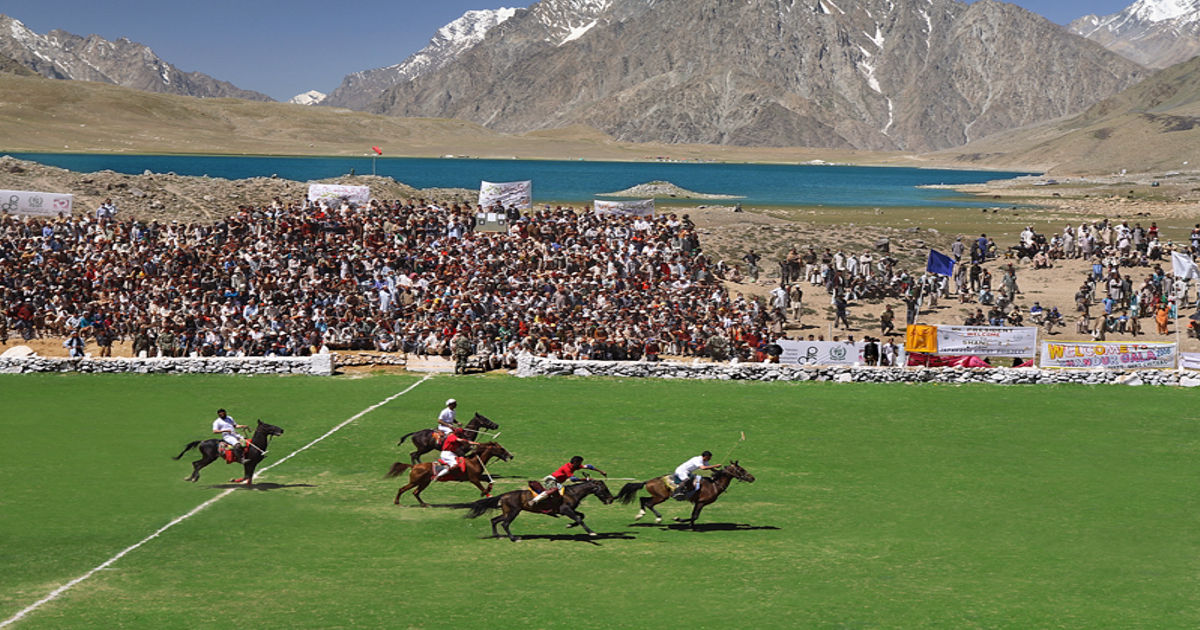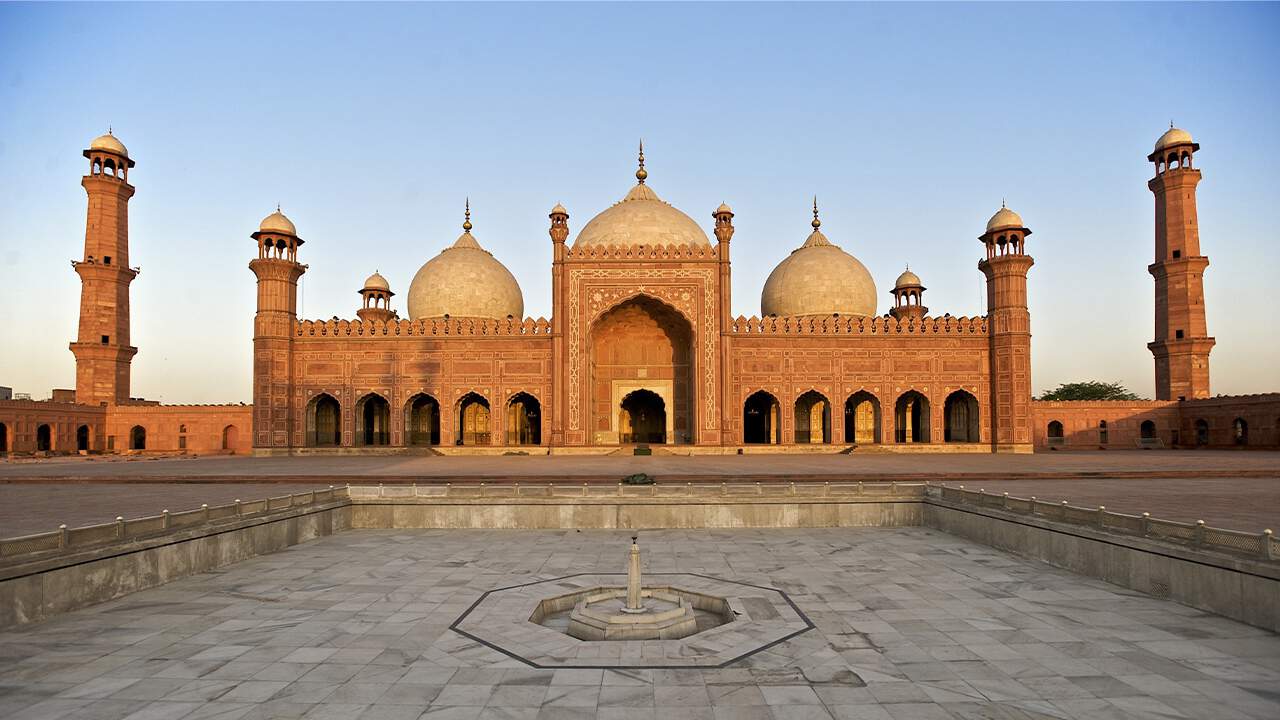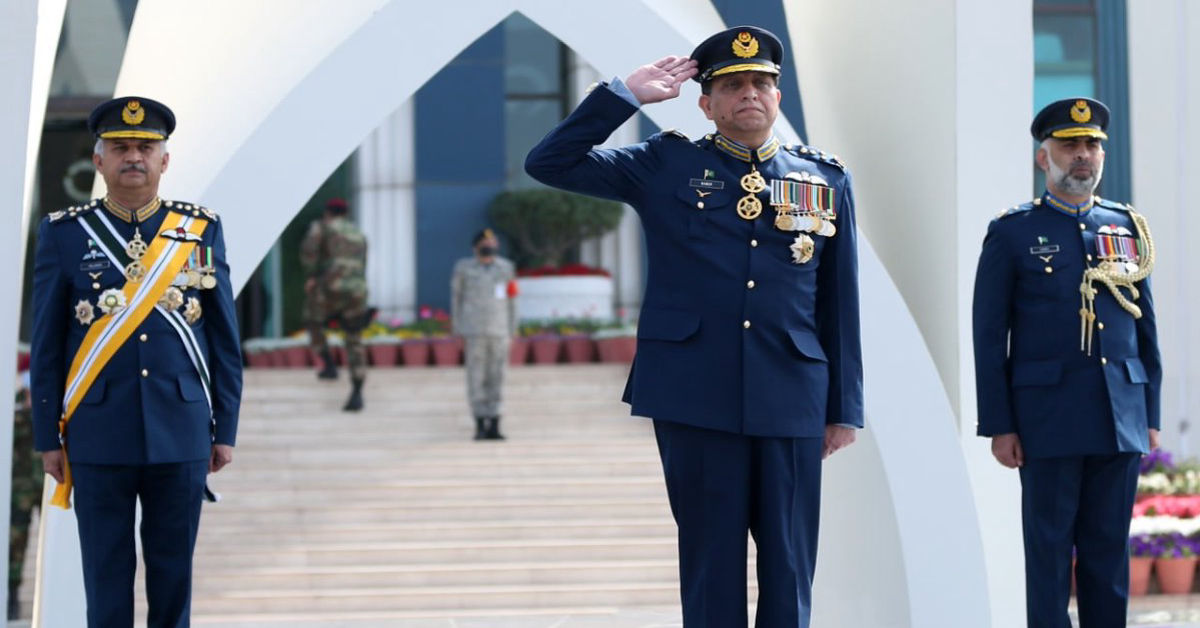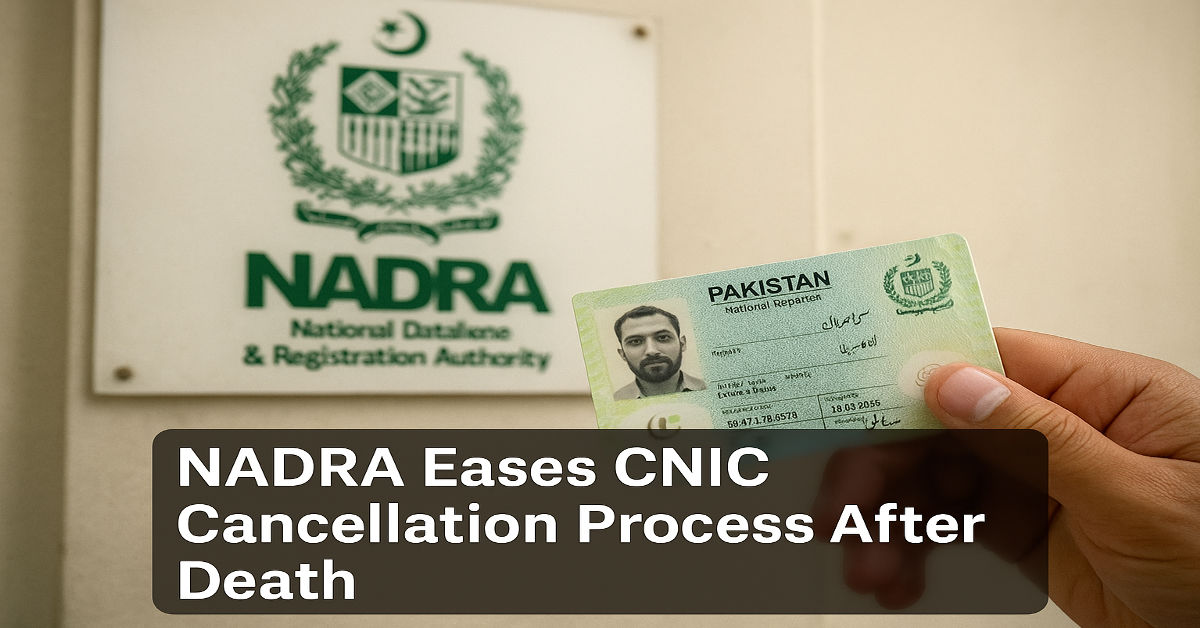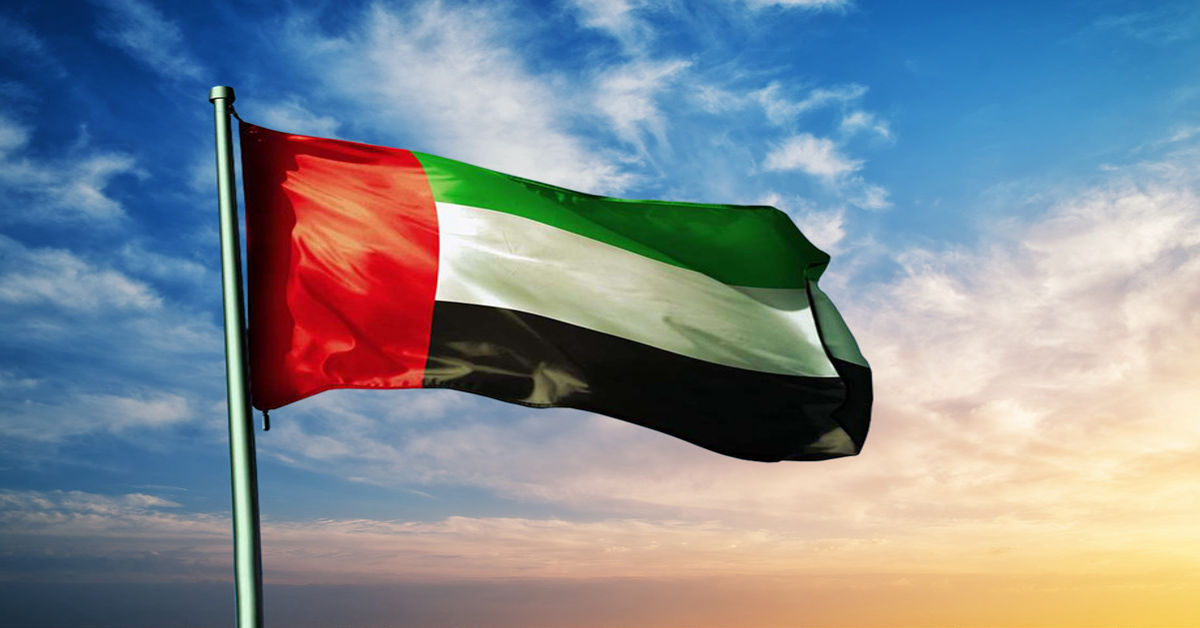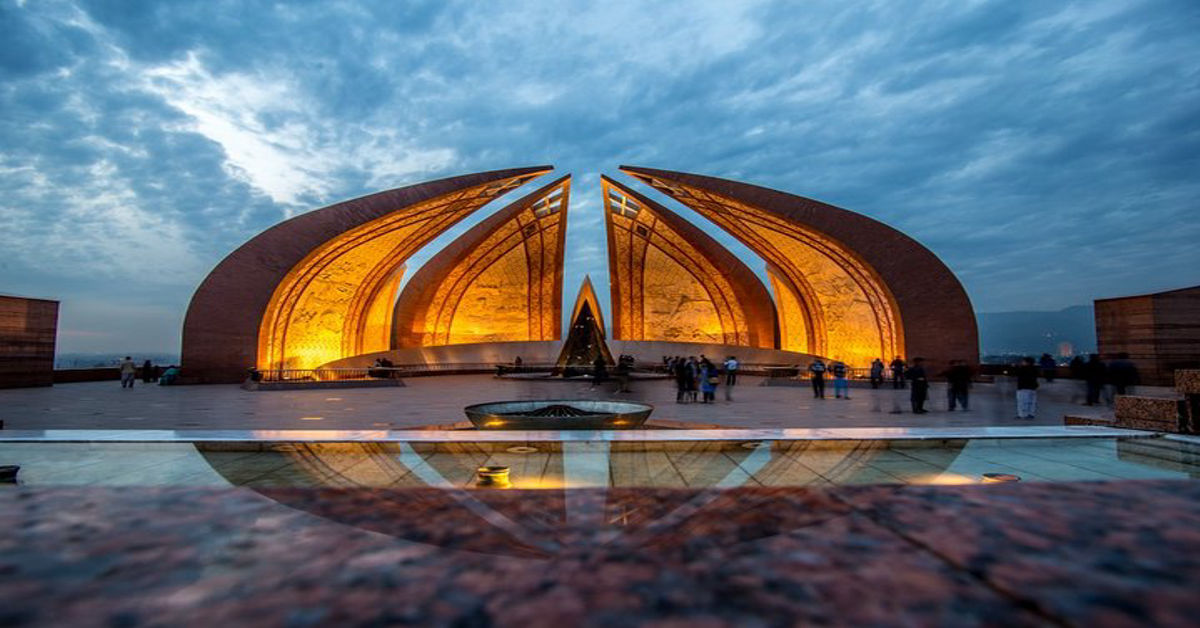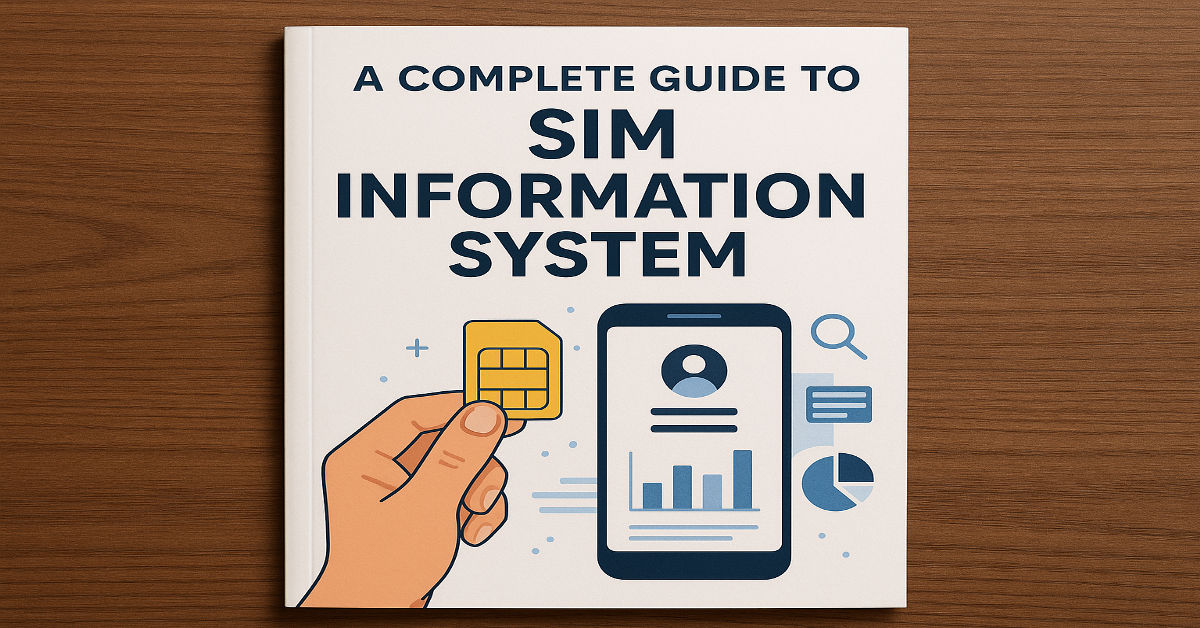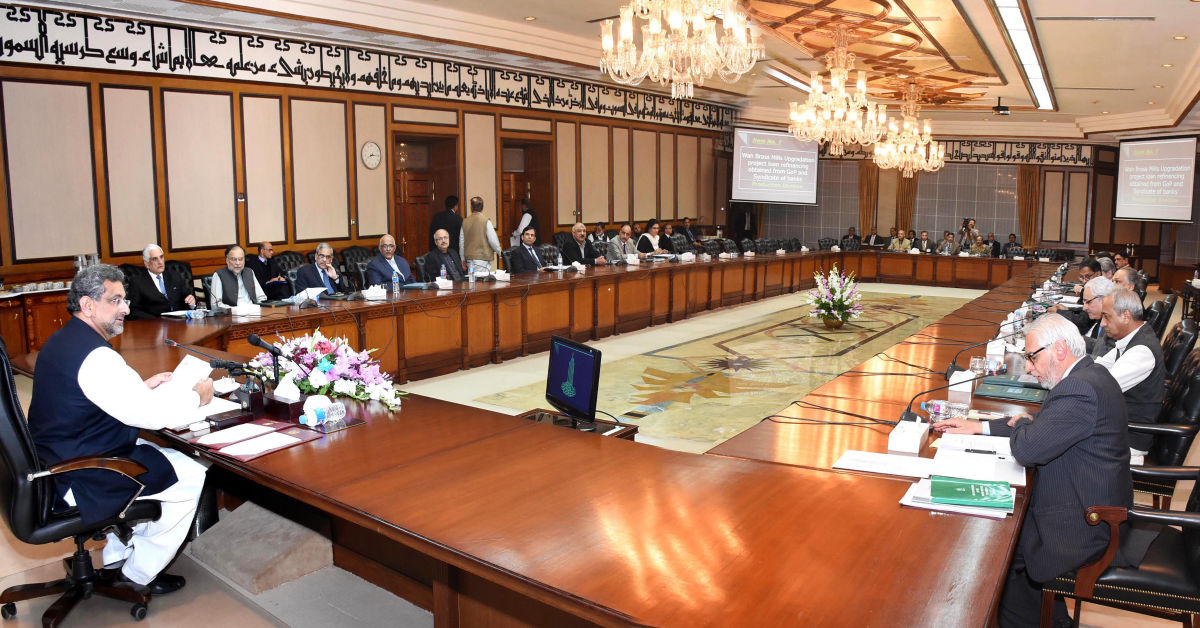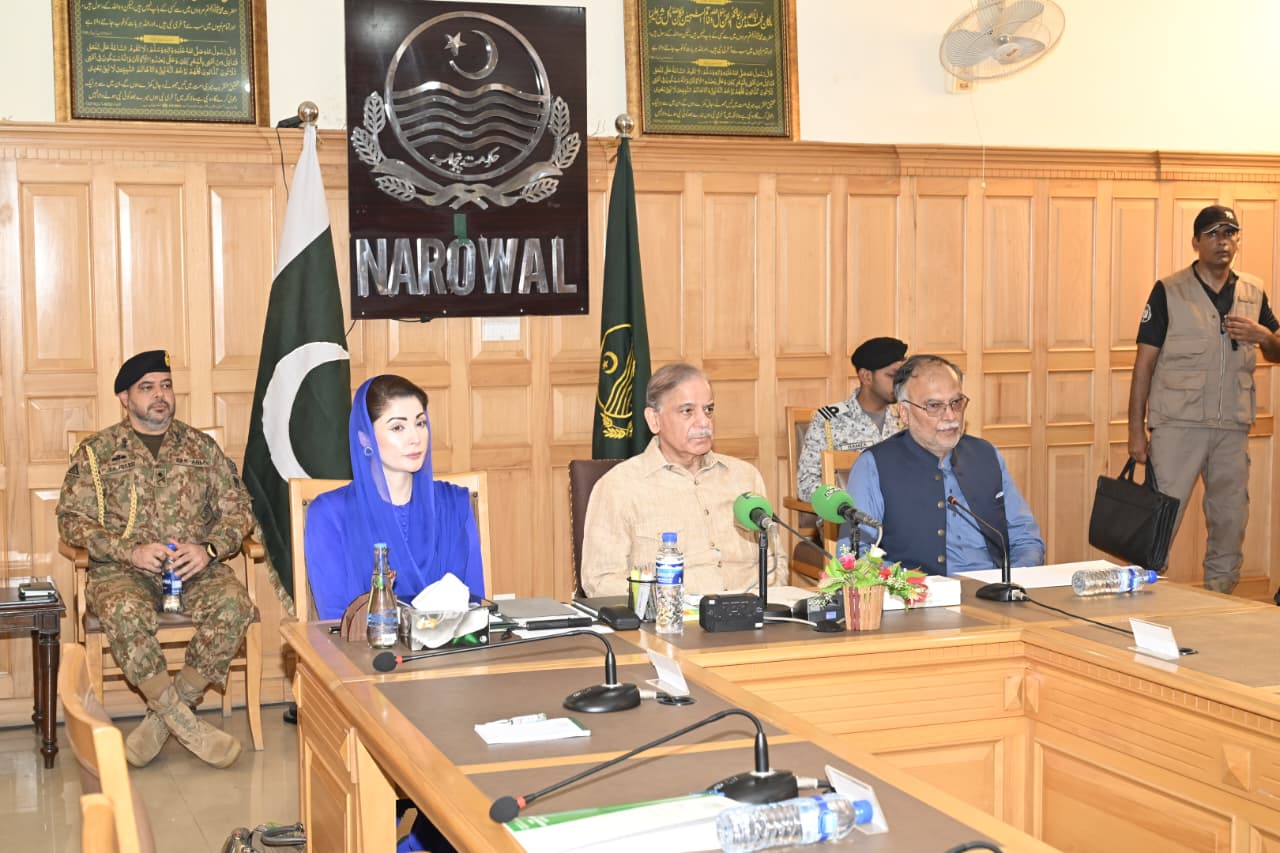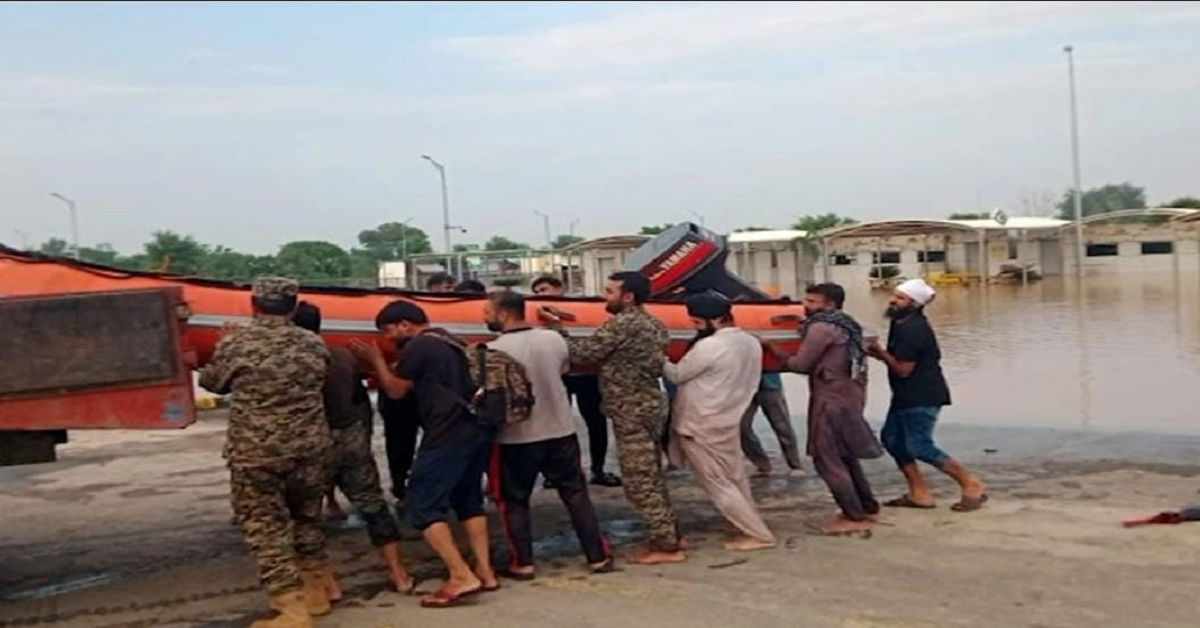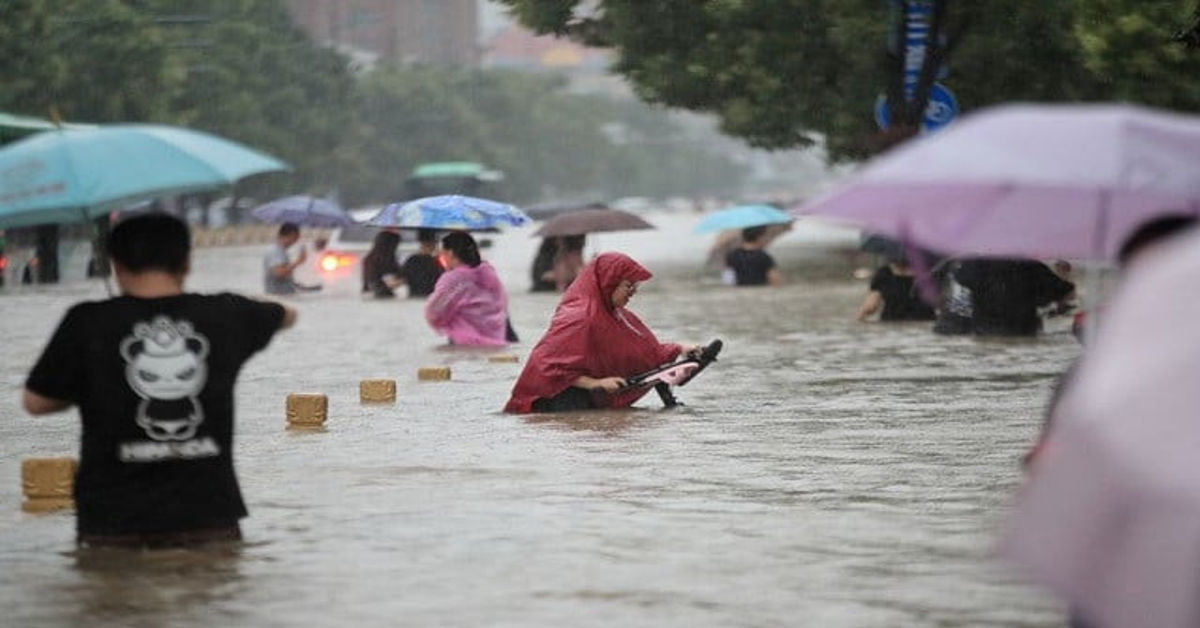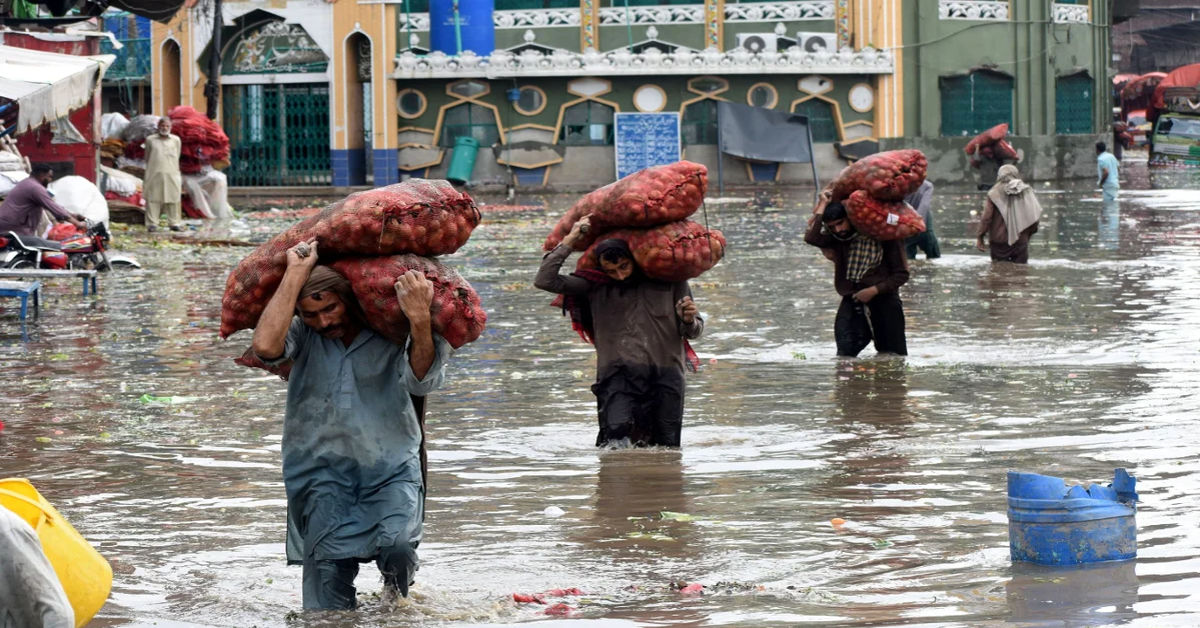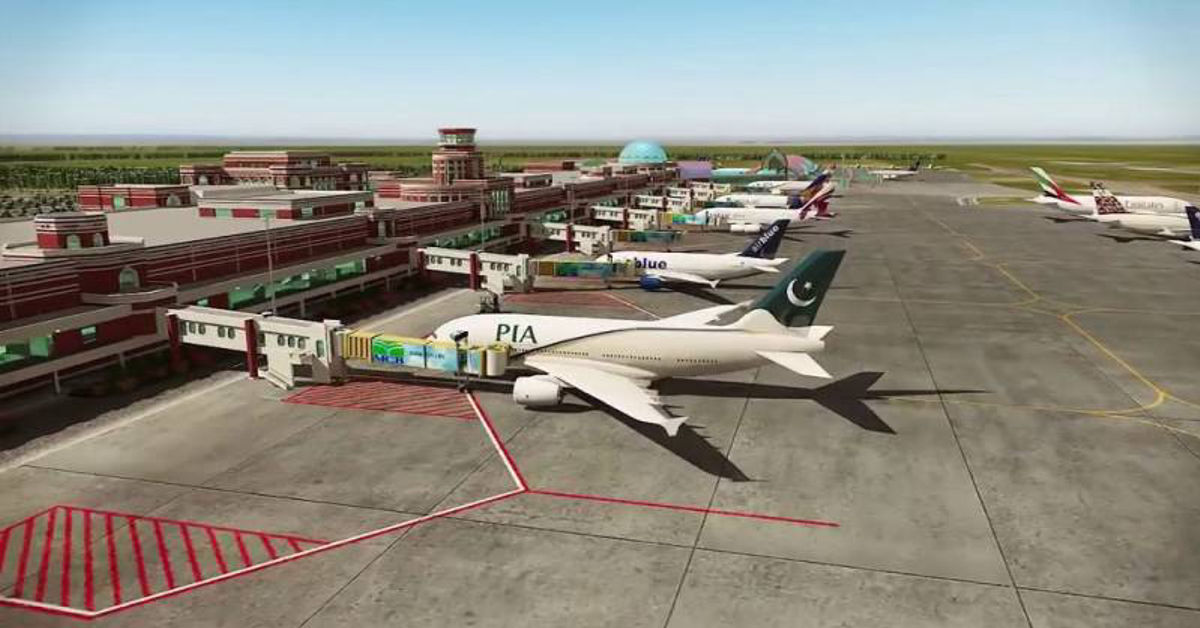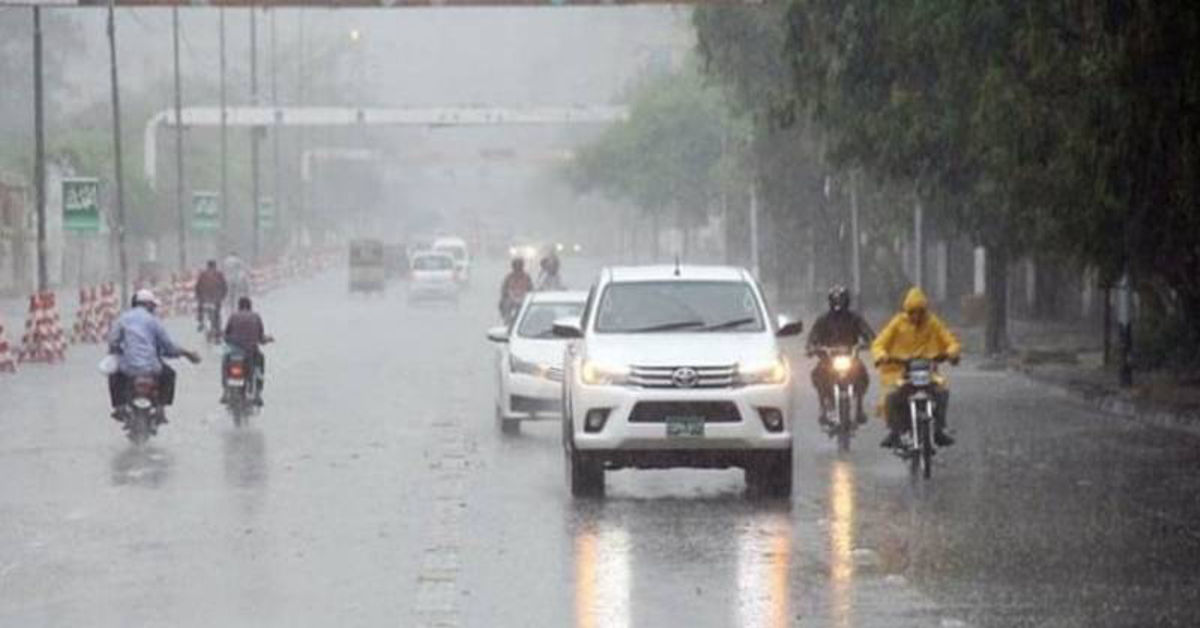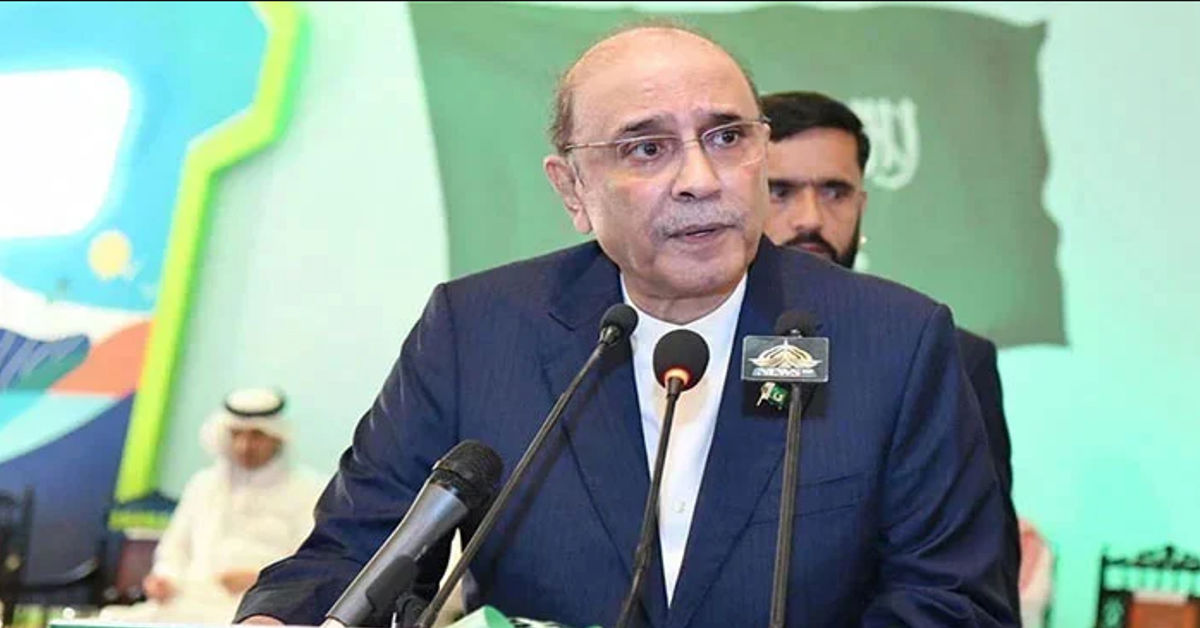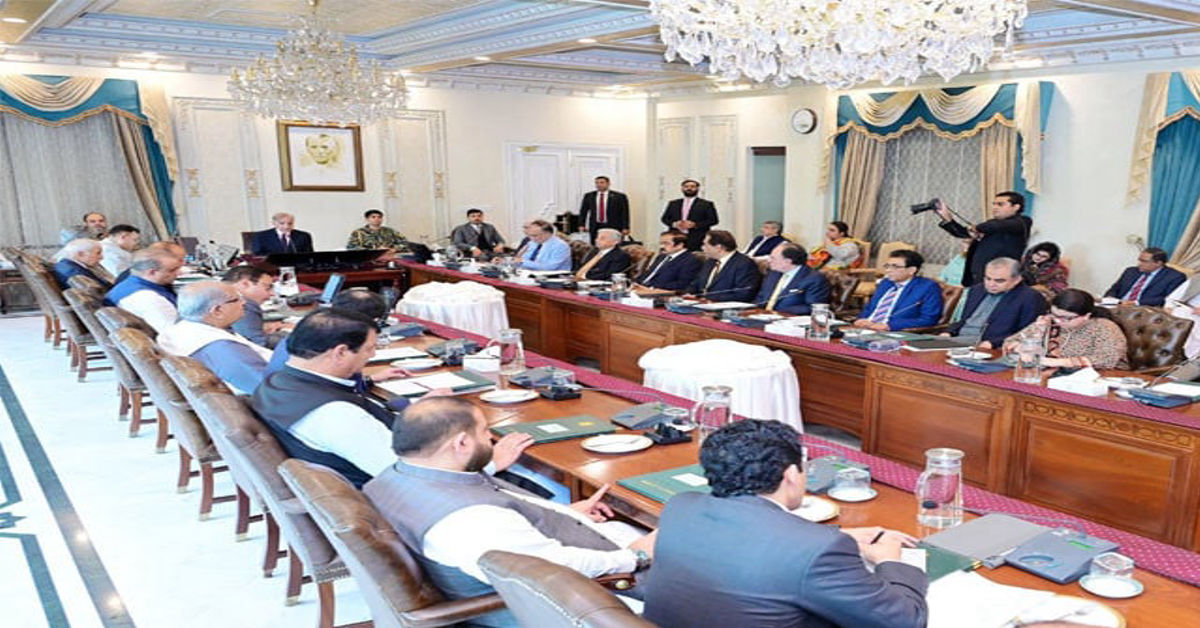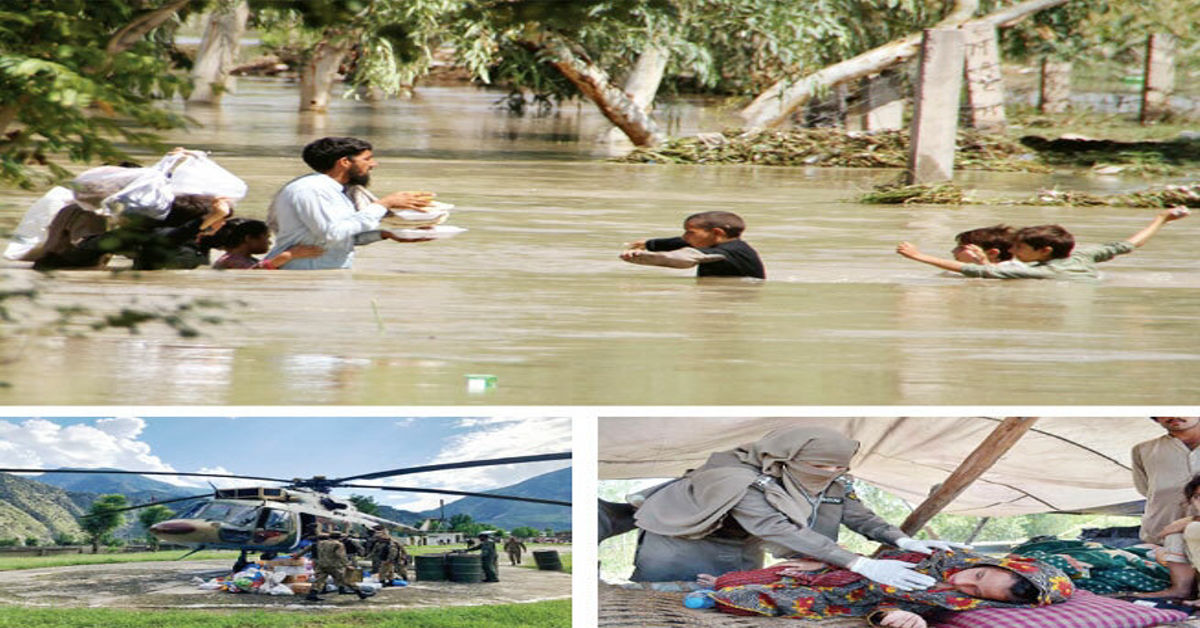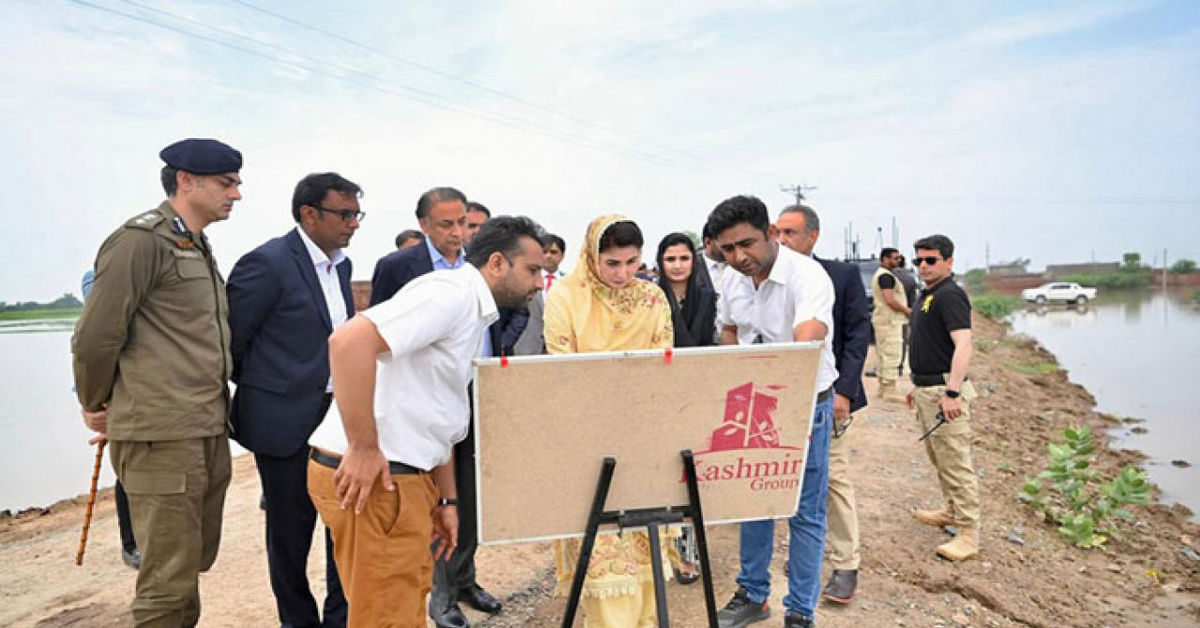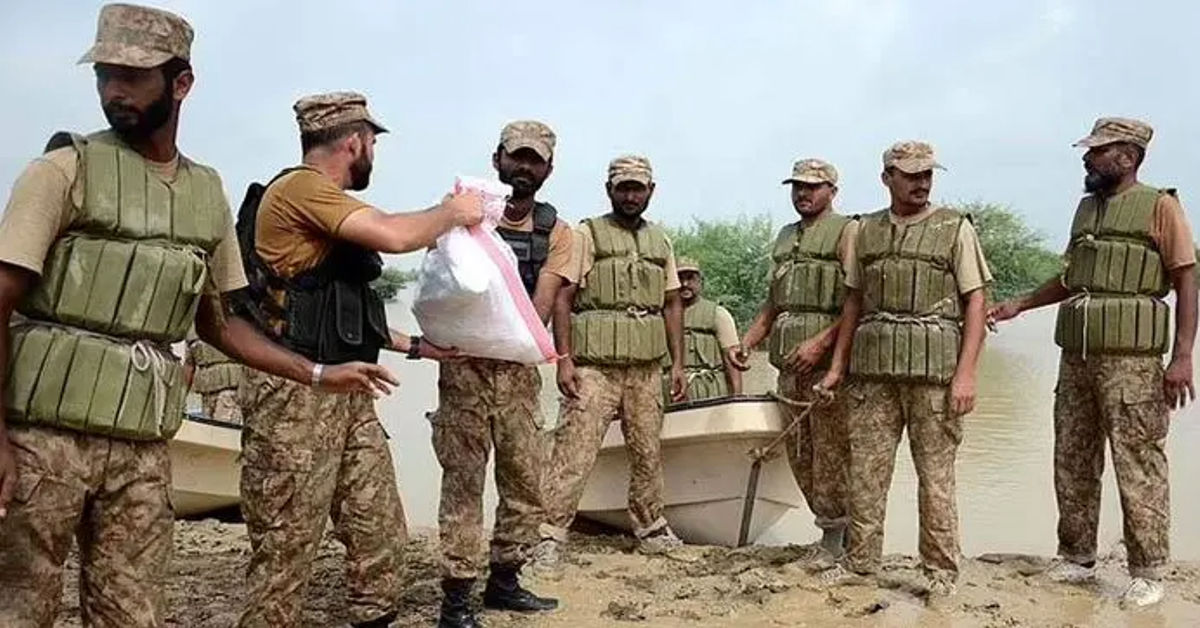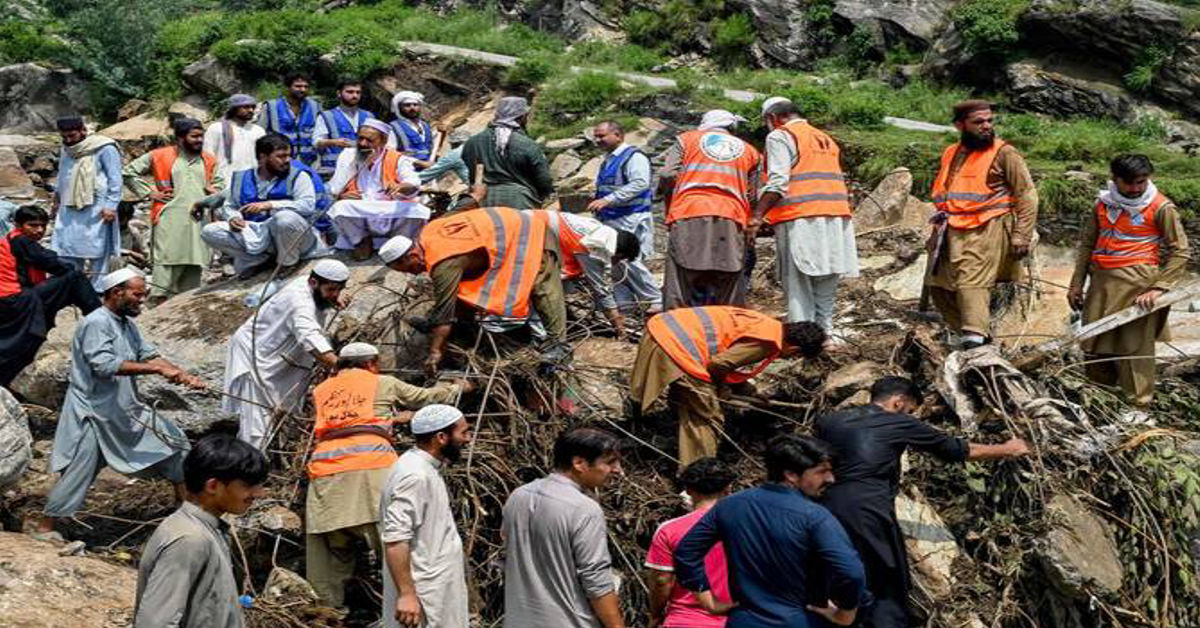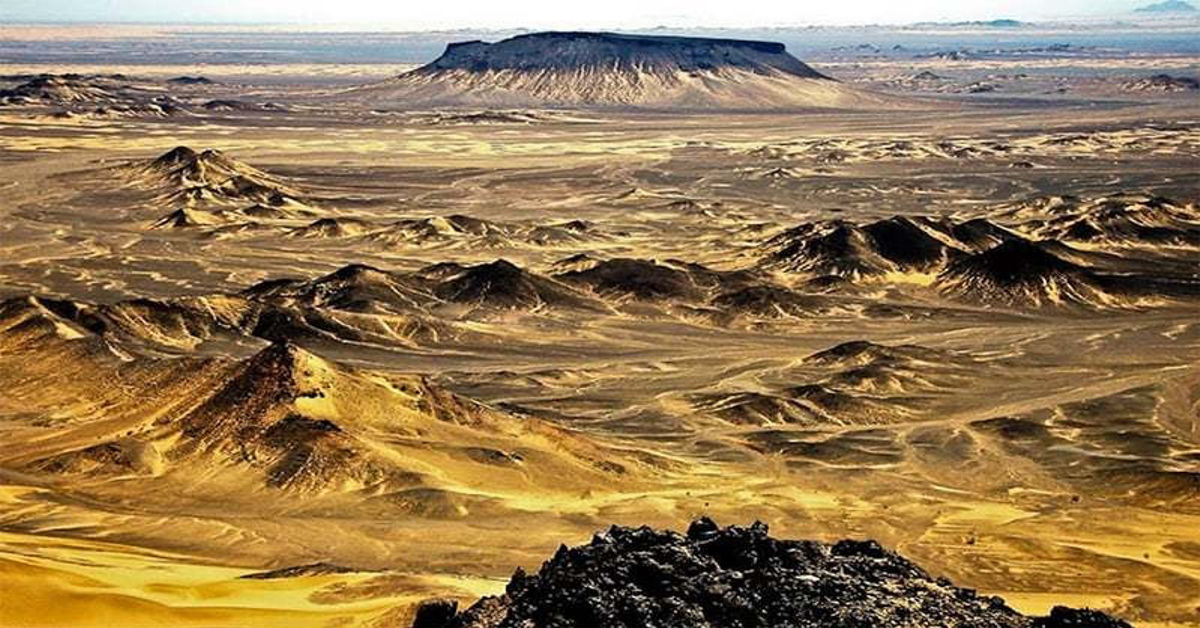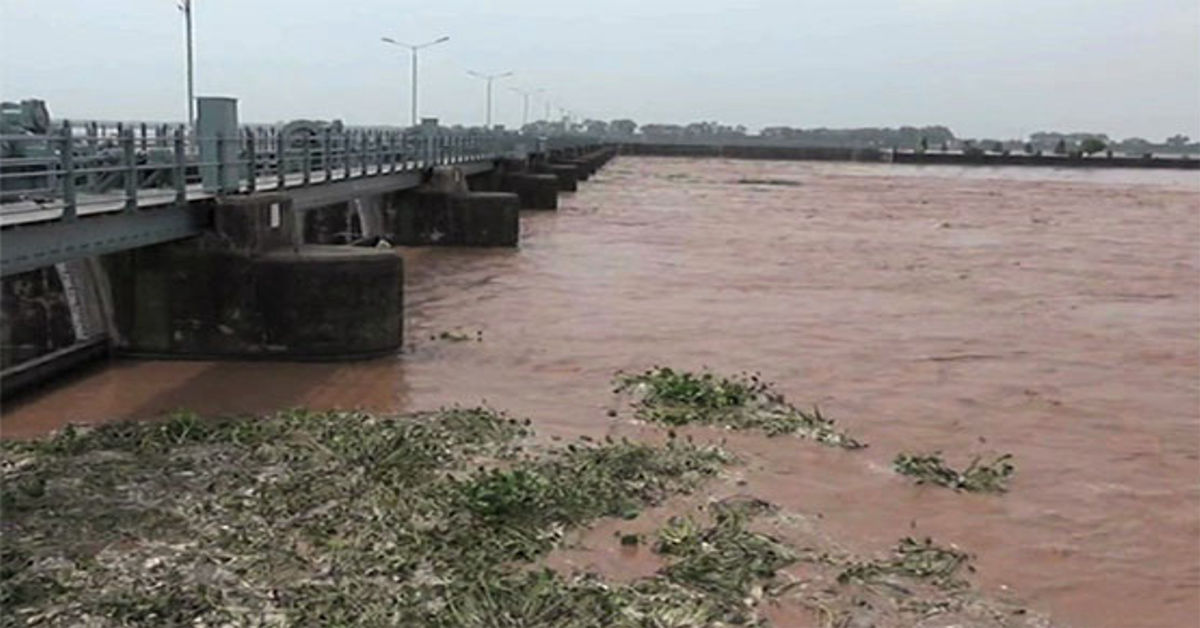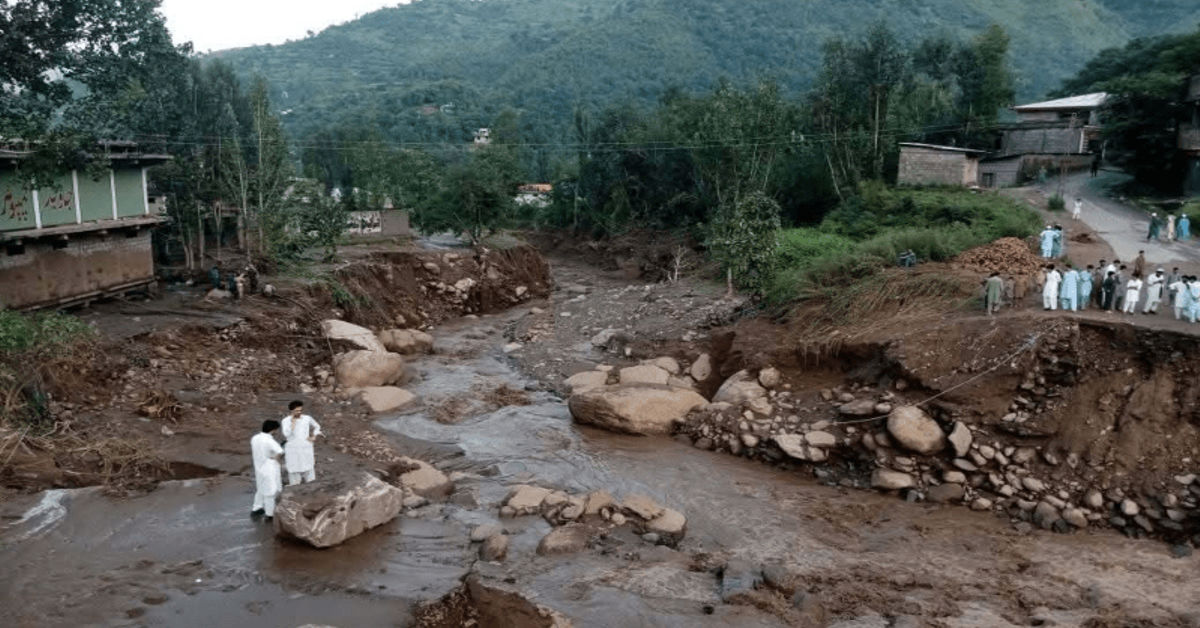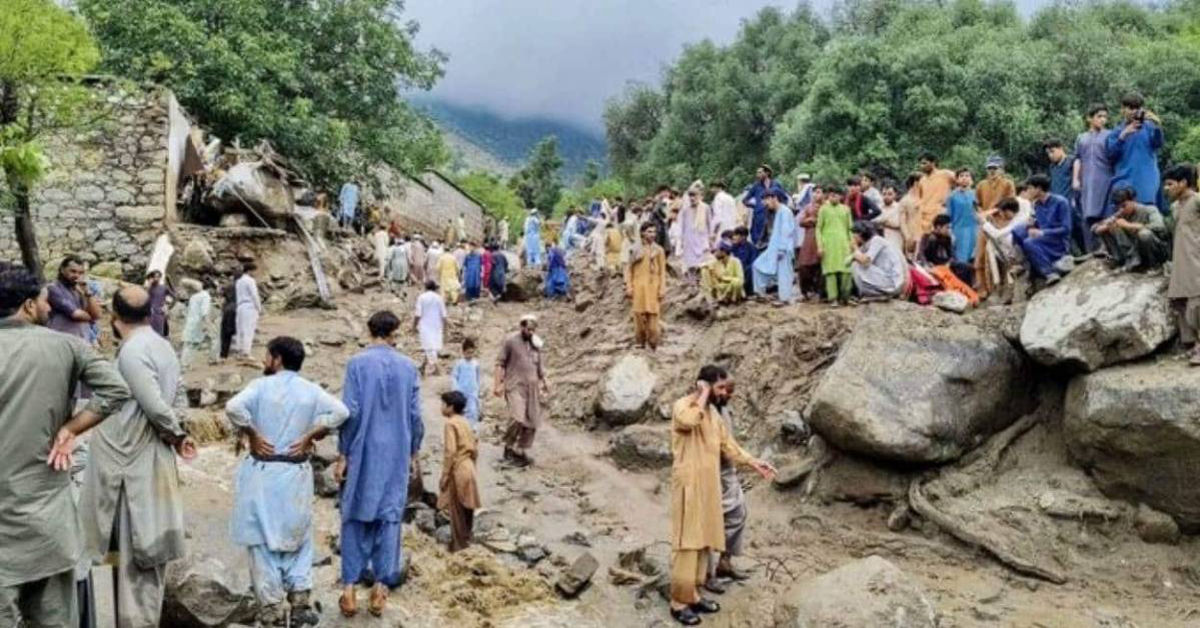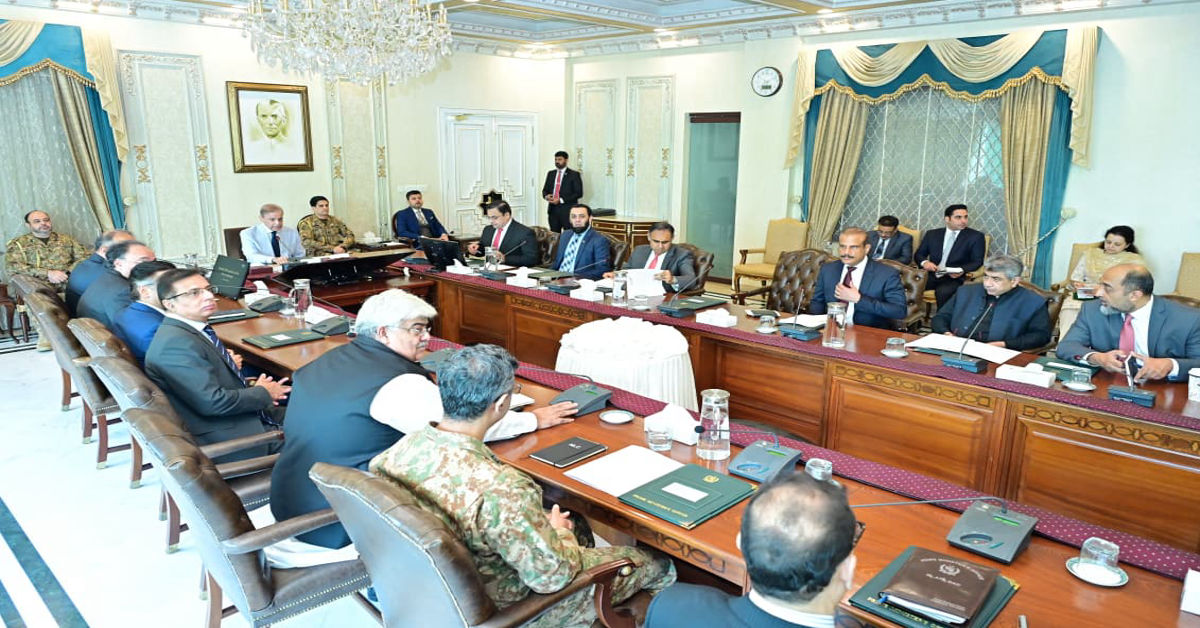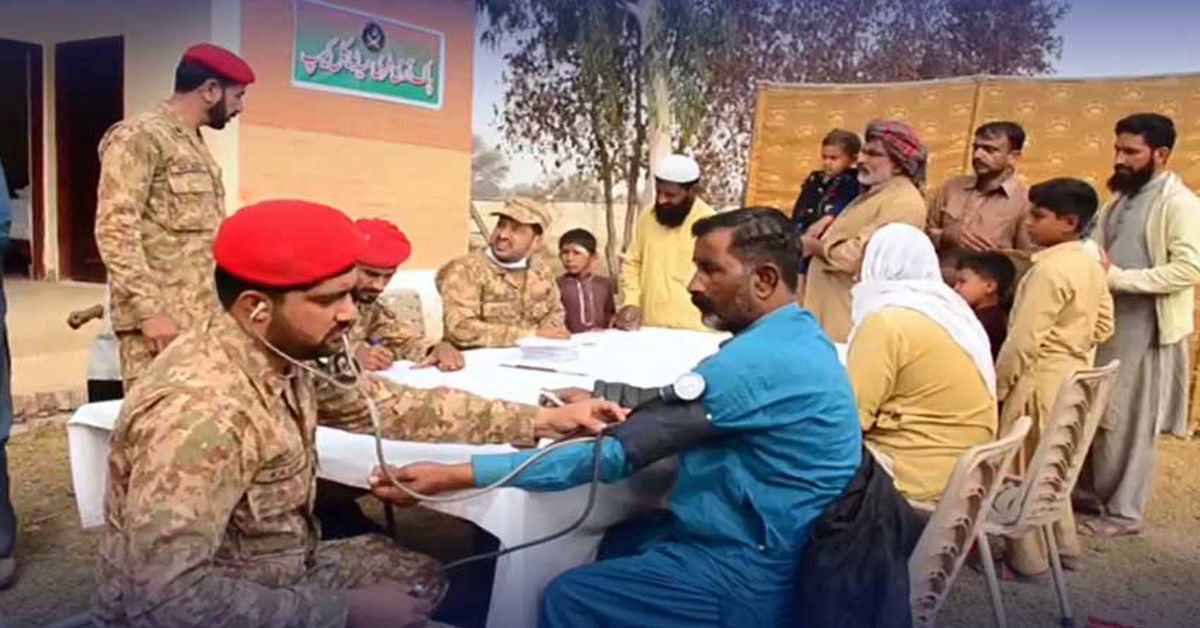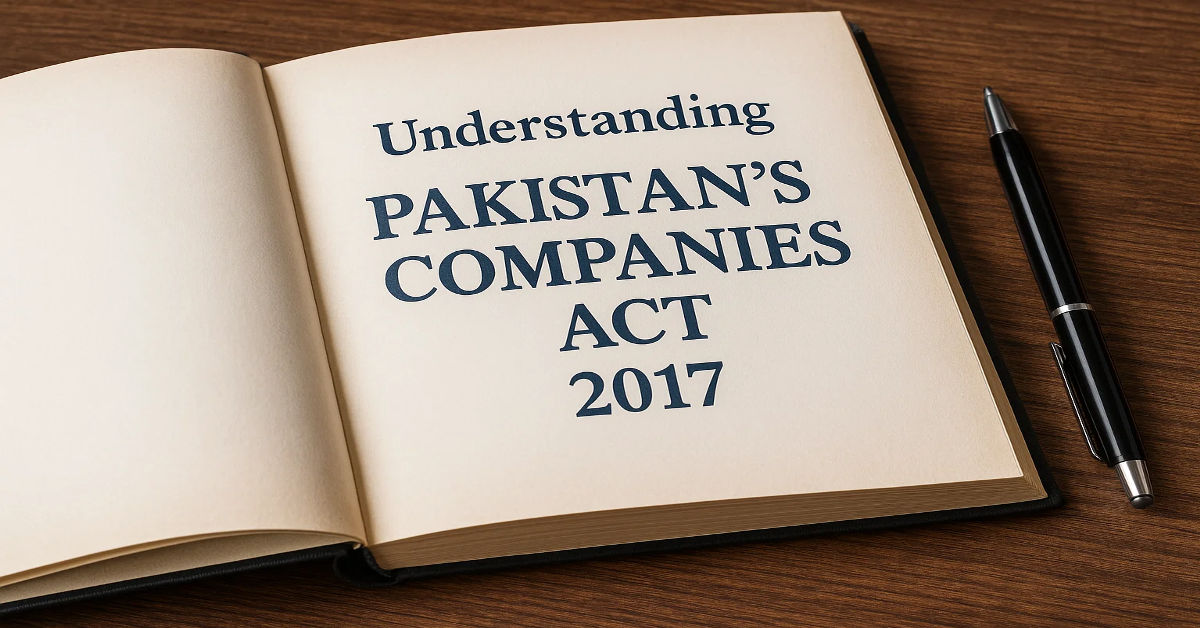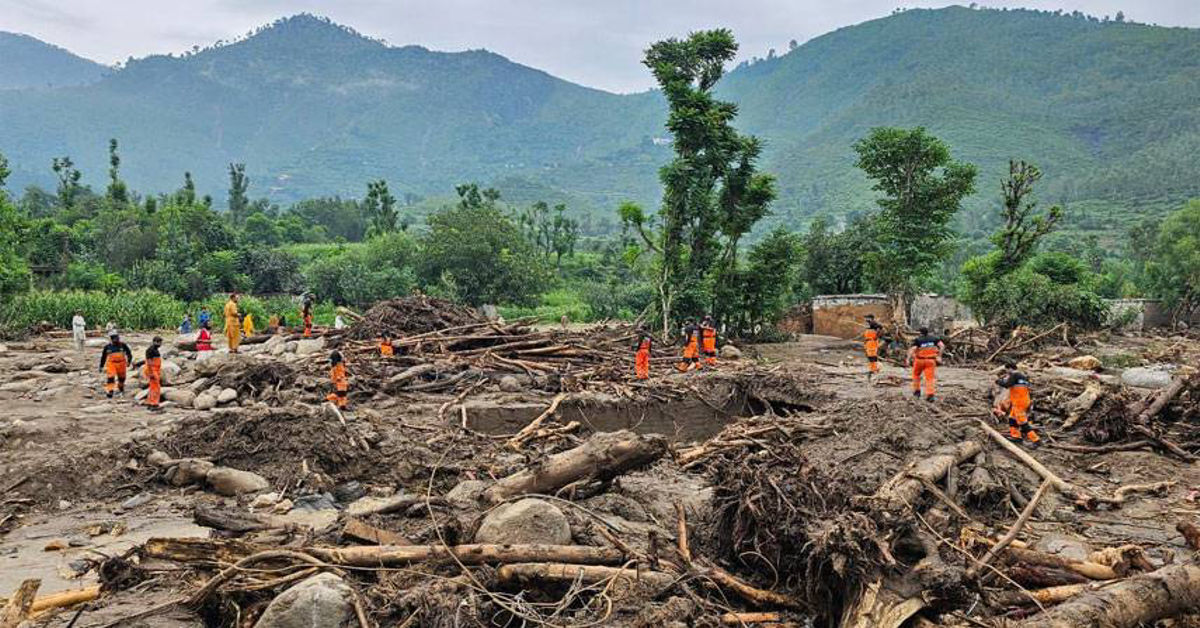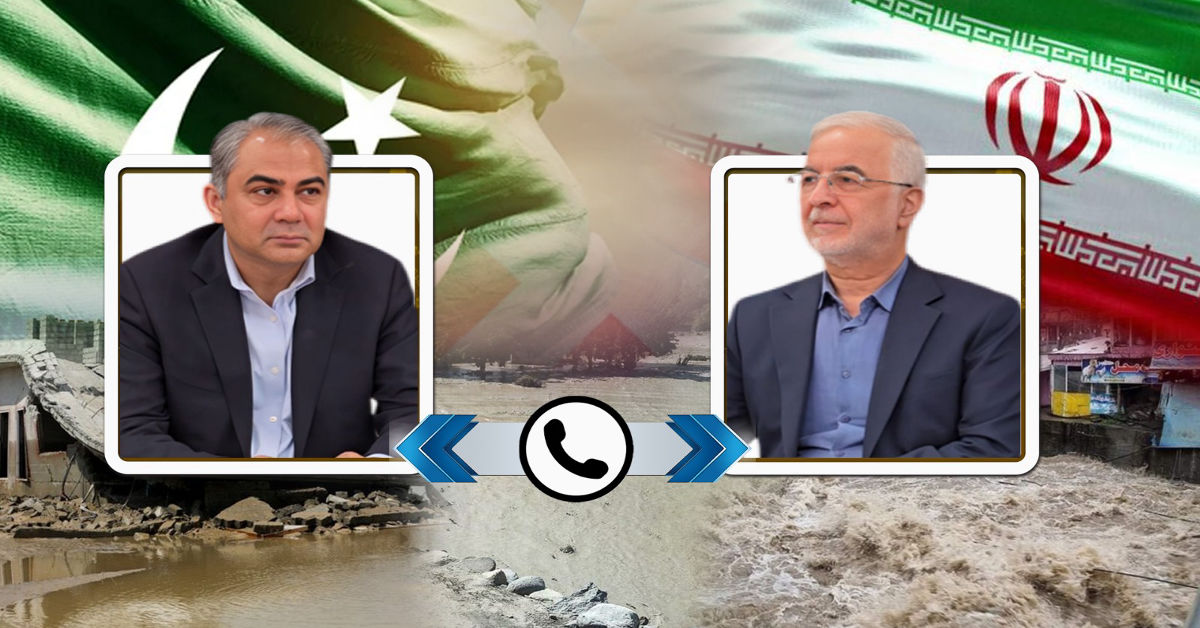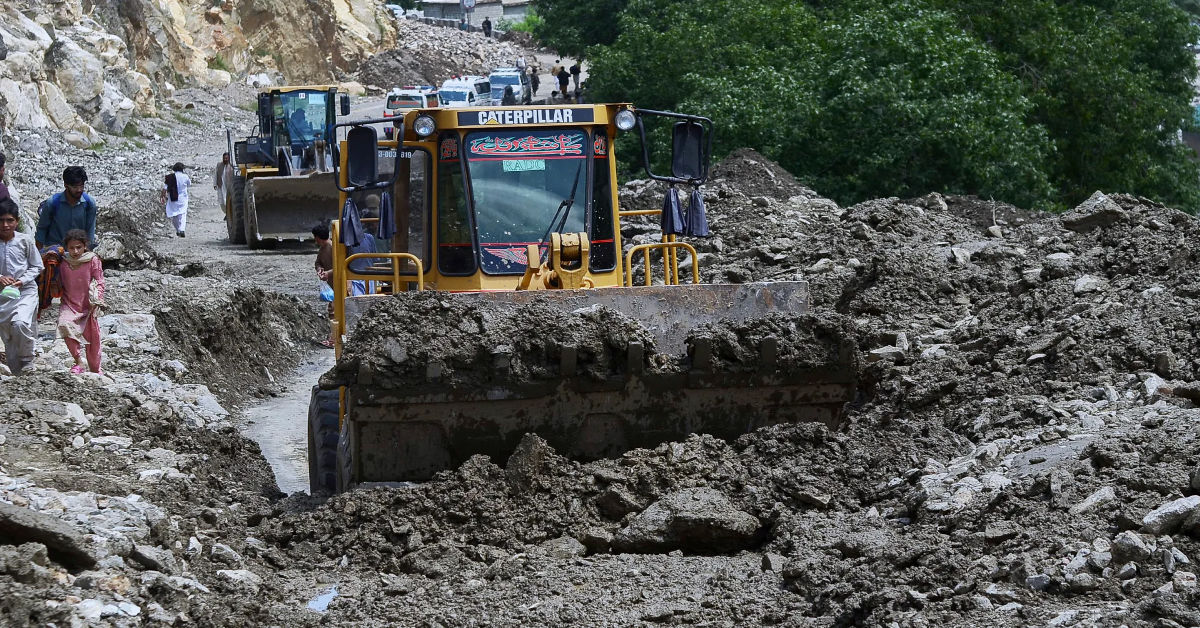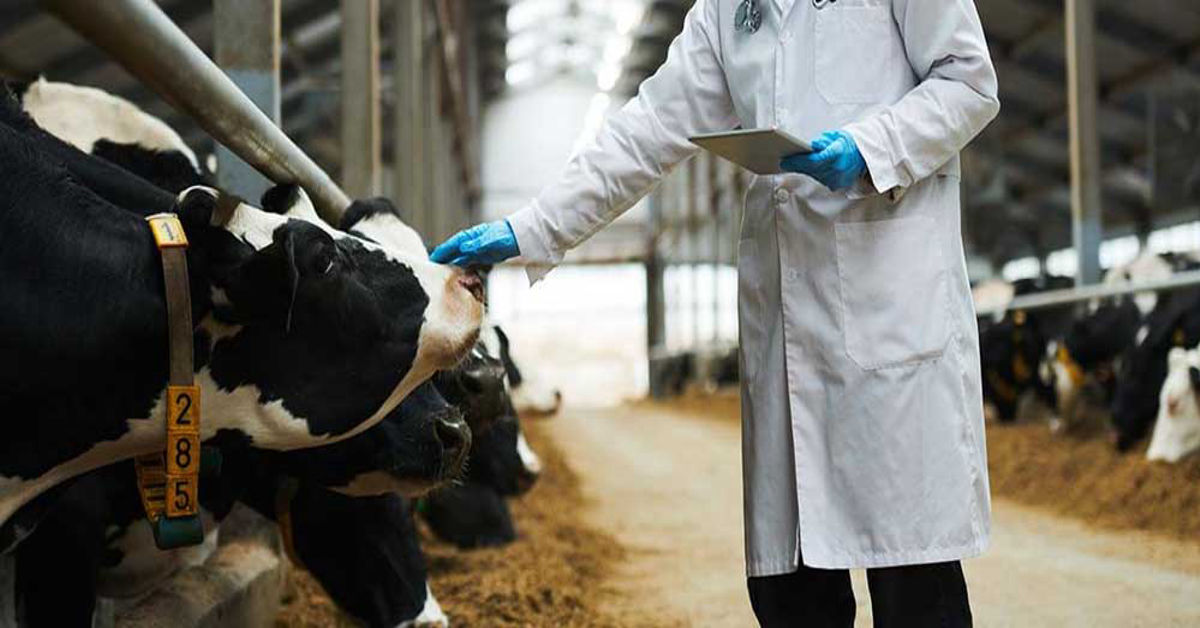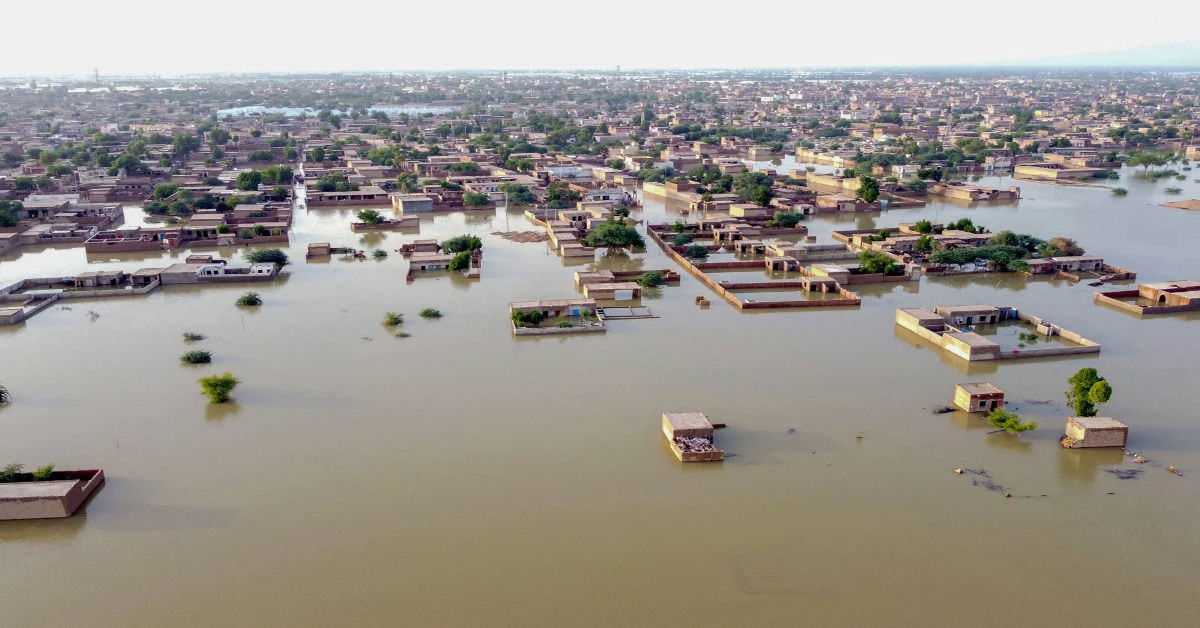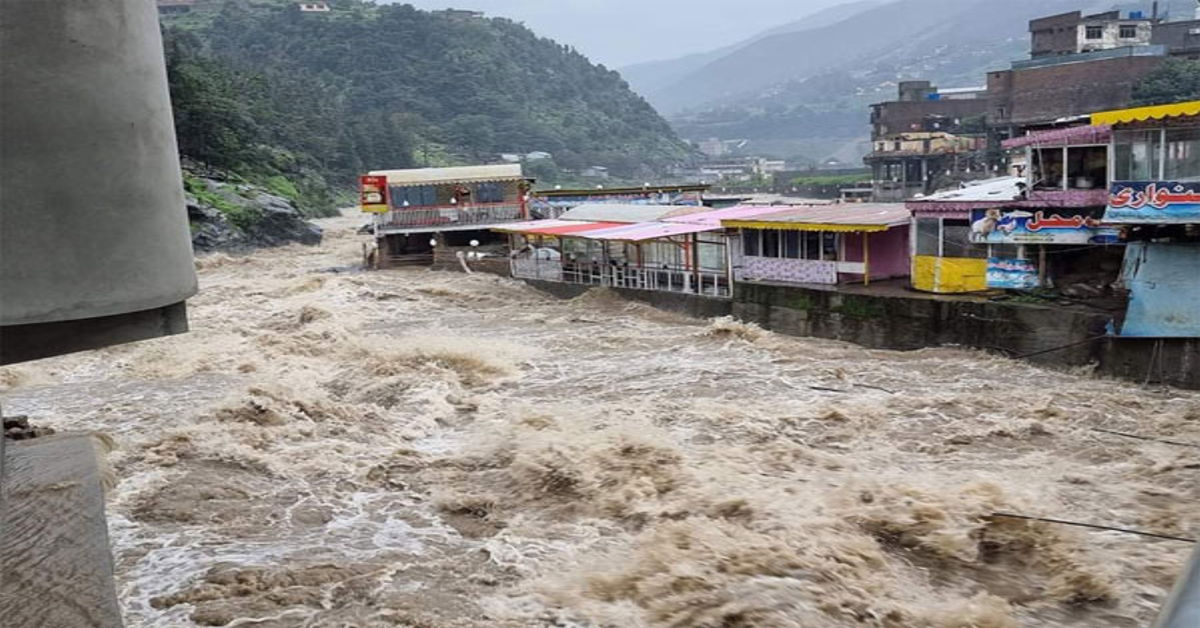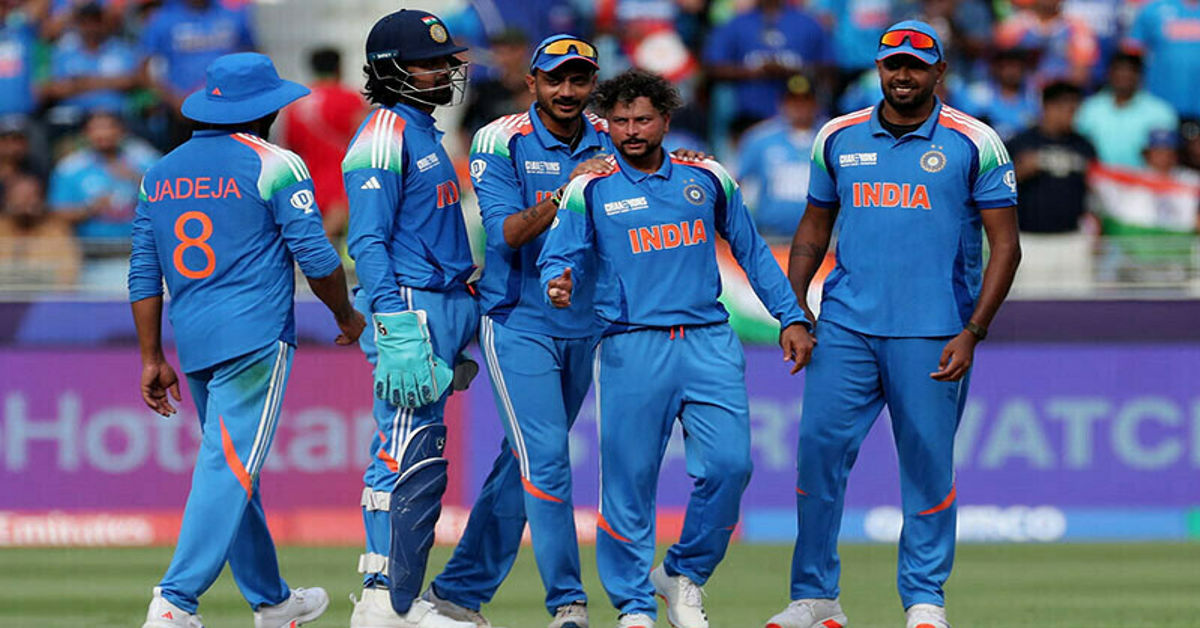
With end of the festival Eid ul Azha health care experts of Pakistan are asking people to be aware of hazards that occur after festival. Although the holiday is a time when families unite and celebrate important religious traditions. There is list of public health issues associated with the holiday. Unsanitary meat processing to sanitation, the consequences may put a strain on personal health. And the health care system in the area. Physicians have noticed that there are significantly more incidences of food poisoning, gastro intestinal infections and respiratory problems in urban centers. Such tendencies reveal the necessity of increased attention and post-holiday preventive maintenance.
The Sacrificial Meat in the Outbreak of Illnesses
Slaughtering of animals is considered to be one of the primary traditions of this festive season. Which is commonly done in residential places without much consideration to sanitary policies. Though it has spiritual connotations, this may become dangerous to the health of people. When the meat is not stored in the right ways, or when they are not distributed in a clean manner. Foodborne sicknesses are commonly caused by the intake of undercooked or contaminated meat. Health officials observe that in the zeal to share and feed, most individuals do not observe refrigeration or the washing of hands. And utensils omissions that may result in celebrations that land people in hospitals and medical emergencies.
Infections are Promoted by Poor Waste Disposal
The huge waste produced during sacrificial activities has made the local municipal systems in many places in the country to groan. Under the pressure of collecting and disposing them. Wastes like animal remains, blood and other waste products when left unattended in open areas. They provide the best breeding places of bacteria and insects. Physicians have cautioned that poor disposal might cause outbreaks of dengue, cholera and other vector-borne illnesses. Of concern are the stagnant pools of waste water and blood especially in the urban neighborhoods. Civic organizations try to manage the problem. Yet the amount of waste at Eid ul Azha overburdens even properly prepared systems. In reducing this health menace, responsibility and collaboration among members of the society play a big role.
Physiological Stress on Butchers and Volunteers
Other than the ordinary citizens, other people who are directly associated with the sacrificial process. Like butchers, volunteers, and animals’ handlers experience increased physical and psychological stress during Eid ul Azha. Long periods of work, sometimes in hot conditions, may lead to dehydration, burnout and injuries. Most of them work without any safety equipment. Or even training which poses a greater danger of getting cuts, infections and even zoonotic diseases. Psychologists also point to the emotional stress of high-stress conditions. Particularly among those running logistics or inside overwhelming hospitals and clinics. The health of the workers is a neglected yet critical component of post-Eid health strategy.
covid-19 Remains a Hanging Affair
As the world constraints have been alleviated, the COVID-19 virus still remains a matter of concern. Respiratory illnesses can be spread faster through large gatherings of people whether in prayer congregations, animal markets or family events. Health officials warn older people and those with weak immunity to be wary. Masks, hand wash liquids, and physical distancing remain relevant, particularly in places with a high concentration of people. Major festivals have been followed by a possible surge of cases in the hospitals, with recommendations to get vaccinated or receive a booster shot when it is possible. A proper balance of both celebration and safety is still needed.
Increase in Demand of Medical Service after Eid
The surge in patient admission that hospitals and clinics witnessed after Eid ul Azha has resulted in further strain on already overburdened health care systems. An influx of cases seeking treatment of animal handling injuries, food poisoning and viral infections often flood emergency rooms. This surge can easily overwhelm the local medical services in the rural settings where access to medical facilities is a challenge, causing delays in treatment of emergency cases. The public health officials have requested establishment of temporary medical camps in high-risk areas during the holiday season. Long-term complications and health care expenditures can be minimized by means of raising the population awareness and promoting the early address to medical services.
The Presence of Vulnerable Groups
Kids, the older generation and individuals with chronic disorders are particularly susceptible to health-related problems during the festive season. Paediatricians on a regular basis deal with children who have diarrhea or vomiting and this is as a result of them eating fat meat-based meals that their bodies are not used to. Elderly people who have heart diseases or diabetes can be in trouble in case of overeating or staying in an unsanitary place. Physicians recommend restraint and hydration as viable preventive measures. So, even though celebrations are expected to be inclusive, they must consider the exclusive health requirements of individuals at risk.
The Pre-Eid Awareness Campaigns Requisite
To curb health hazards during celebratory periods, both the health specialists and municipal governments are pressing the importance of advance awareness programs. Illness rates can be reduced through education about safe meat handling, garbage disposal and sanitation. Media such as television, social media, and mosques are important platforms used to disseminate such messages. The provision of hygiene kits and the conduction of workshops also empower the communities. The period leading up to the big celebrations is important in conditioning the people and encouraging responsible behaviour.
Going Forward: Tradition Versus Health
It is a significant cultural and spiritual holiday, the traditions of which should be respected. Nevertheless, it is important to reconcile such traditions with the priorities of population health in the modern globalized society. Governments ought to collaborate with religious leaders, health professions, and communities to make celebrations safe and respectful. Eid ul Azha, specifically, needs to be planned carefully, in terms of sanitation, medical preparedness, and civic enlightenment to avoid health hazards. By being conscientious about celebration and taking collective ownership, the ethos of the event can prevail without endangering the welfare of the communities.

